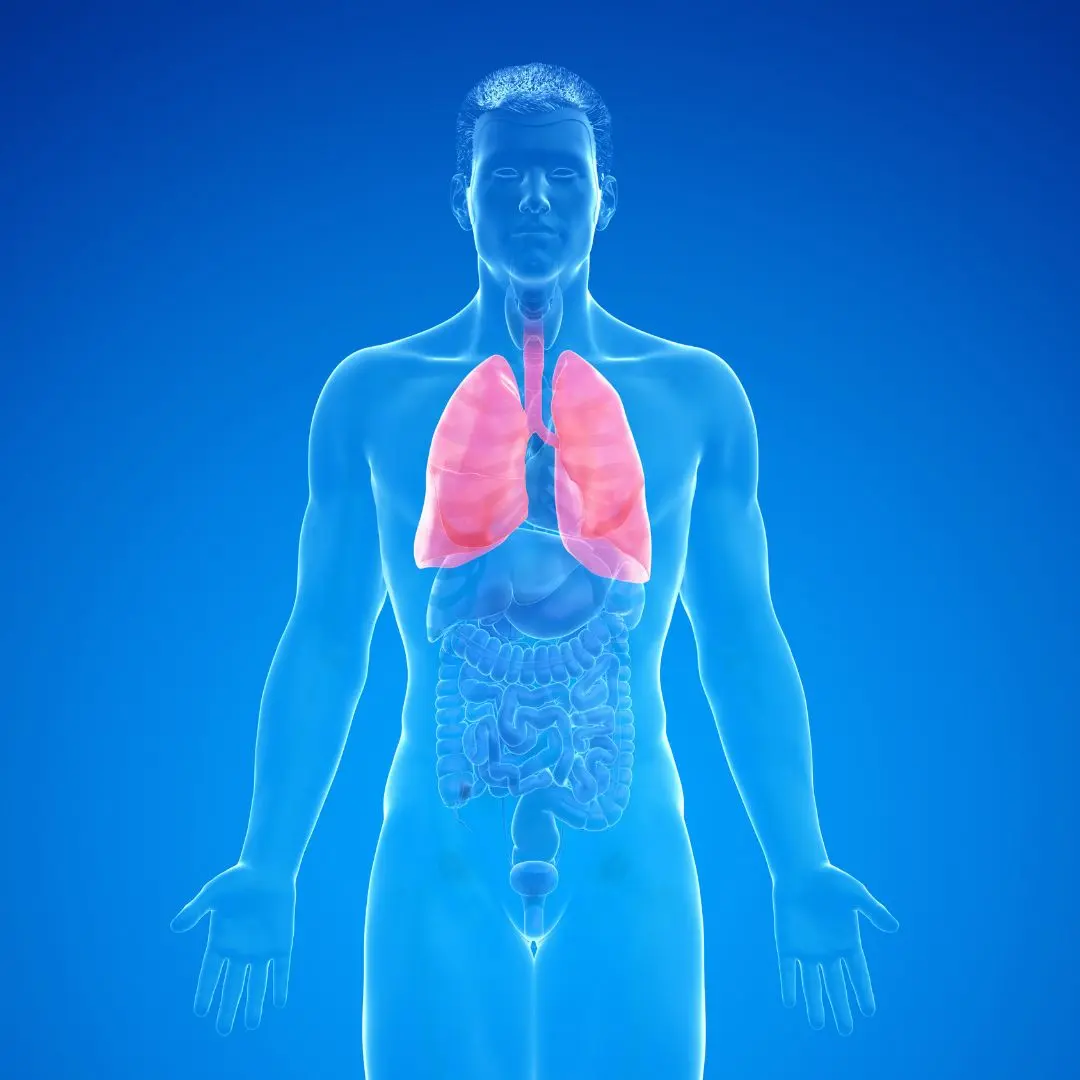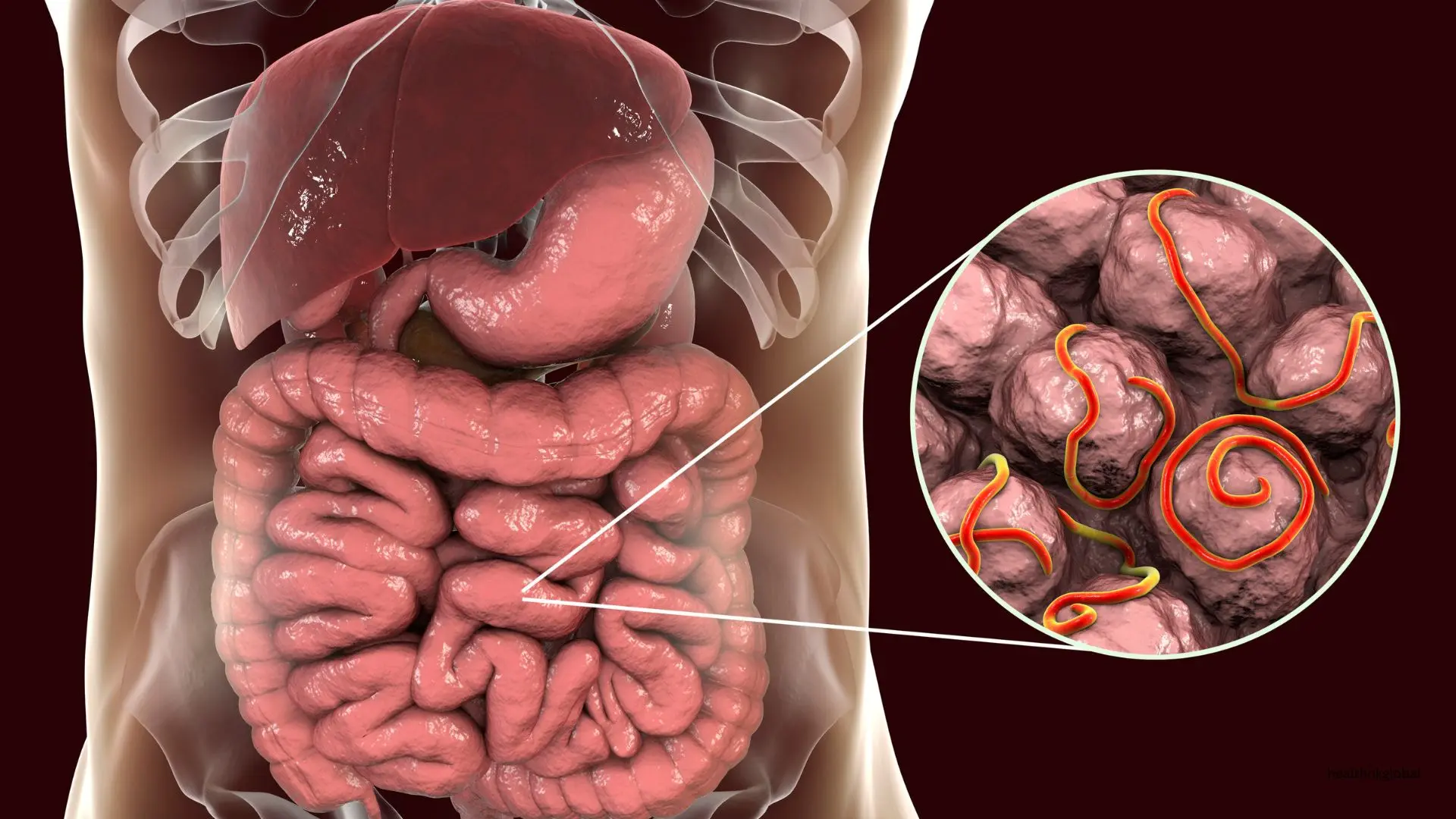Childhood dementia, also known as pediatric neurodegenerative disorder, is a rare condition characterized by progressive cognitive decline in children.

Blog
What is Childhood Dementia?
Childhood dementia, also known as pediatric neurodegenerative disorder, is a rare condition characterized by progressive cognitive decline in children. Unlike dementia in adults, childhood dementia manifests early in life, typically before the age of 10. This condition severely impacts a child's cognitive abilities, leading to developmental regression and loss of previously acquired skills.
In children affected by dementia, symptoms may vary depending on the underlying cause. Common signs include impaired memory, language difficulties, motor skill regression, behavioral changes, and loss of social skills. Children may also experience seizures, vision problems, and difficulty with coordination. As the condition progresses, symptoms worsen, significantly affecting the child's quality of life.
Childhood dementia can arise from various genetic, metabolic, or degenerative disorders. Genetic mutations, such as those affecting genes responsible for brain development and function, can lead to neurodegenerative conditions like Batten disease, Niemann-Pick disease, and Rett syndrome. Metabolic disorders, such as mitochondrial diseases, can also cause cognitive decline in children. Additionally, certain infections, brain injuries, or toxins may contribute to the onset of childhood dementia.
Diagnosing childhood dementia requires a comprehensive evaluation by pediatric neurologists and geneticists. Medical history, developmental milestones, and family history are assessed alongside neurological examinations and specialized tests, including genetic testing, brain imaging, and metabolic studies. Early diagnosis is crucial for implementing appropriate interventions and support for affected children and their families.
Unfortunately, there is currently no cure for childhood dementia. Treatment focuses on managing symptoms, improving quality of life, and providing supportive care. Multidisciplinary approaches involving neurologists, psychologists, therapists, and educators are essential. Therapies such as speech and occupational therapy can help maintain function and independence for as long as possible. Additionally, medications may be prescribed to manage specific symptoms such as seizures or behavioral issues.
Childhood dementia not only affects the affected child but also has a profound impact on their families and caregivers. Coping with the emotional and practical challenges of caring for a child with progressive cognitive decline can be overwhelming. Families may require support from healthcare professionals, community resources, and support groups to navigate the complexities of the condition and access necessary services.
Advancements in medical research offer hope for better understanding and treatment of childhood dementia. Ongoing studies focus on identifying genetic markers, developing targeted therapies, and exploring interventions to slow disease progression. Collaborative efforts between scientists, clinicians, and advocacy organizations aim to improve outcomes for children affected by this devastating condition.
Childhood dementia is a rare but devastating condition that profoundly impacts children and their families. Understanding its symptoms, causes, and available treatments is essential for early detection and intervention. While there is currently no cure, ongoing research offers hope for improved outcomes and quality of life for affected individuals. By raising awareness and supporting research efforts, we can strive towards better understanding and management of childhood dementia.
In children affected by dementia, symptoms may vary depending on the underlying cause. Common signs include impaired memory, language difficulties, motor skill regression, behavioral changes, and loss of social skills. Children may also experience seizures, vision problems, and difficulty with coordination. As the condition progresses, symptoms worsen, significantly affecting the child's quality of life.
Childhood dementia can arise from various genetic, metabolic, or degenerative disorders. Genetic mutations, such as those affecting genes responsible for brain development and function, can lead to neurodegenerative conditions like Batten disease, Niemann-Pick disease, and Rett syndrome. Metabolic disorders, such as mitochondrial diseases, can also cause cognitive decline in children. Additionally, certain infections, brain injuries, or toxins may contribute to the onset of childhood dementia.
Unfortunately, there is currently no cure for childhood dementia. Treatment focuses on managing symptoms, improving quality of life, and providing supportive care. Multidisciplinary approaches involving neurologists, psychologists, therapists, and educators are essential. Therapies such as speech and occupational therapy can help maintain function and independence for as long as possible. Additionally, medications may be prescribed to manage specific symptoms such as seizures or behavioral issues.
Need Personalized Health Guidance?
Get expert advice tailored to your specific health needs from our qualified healthcare professionals.





